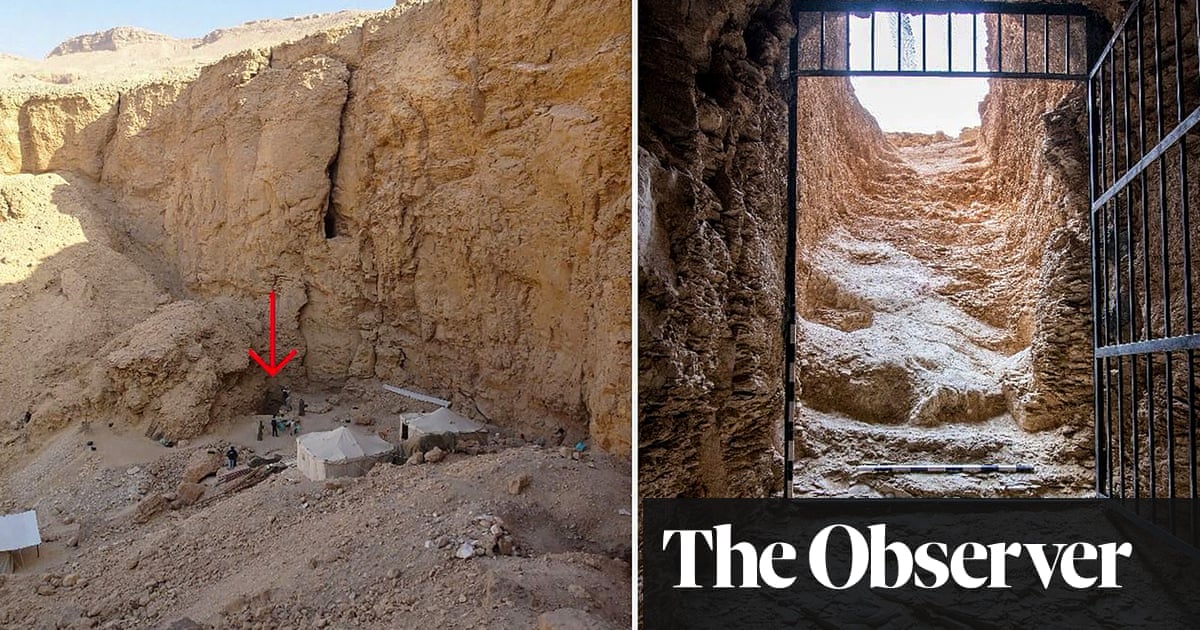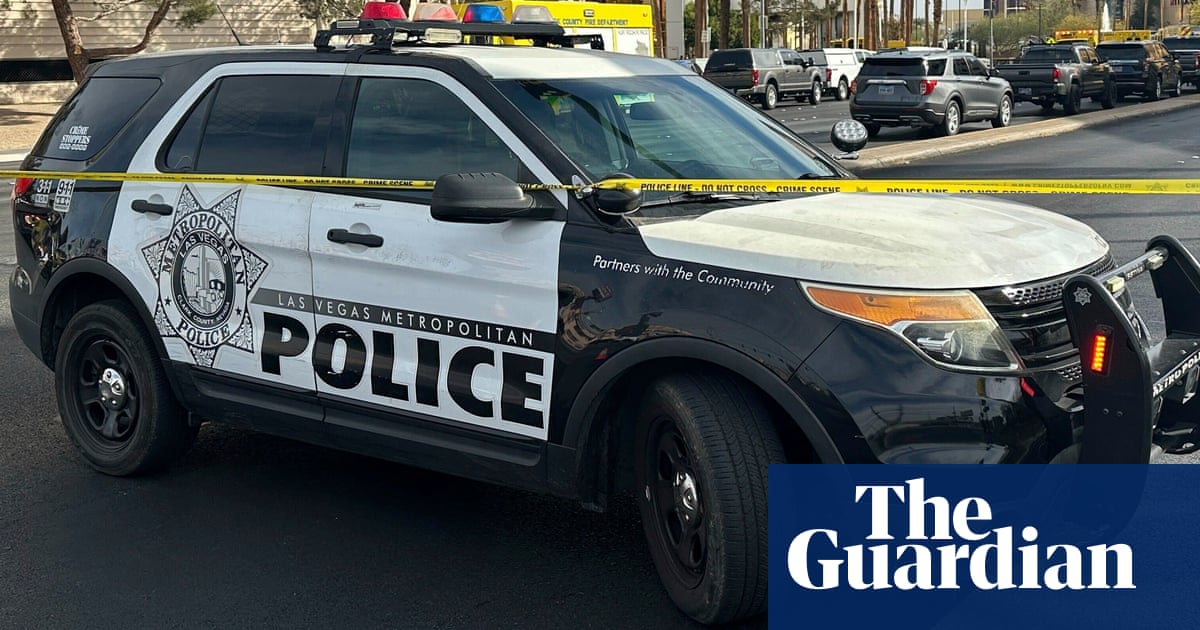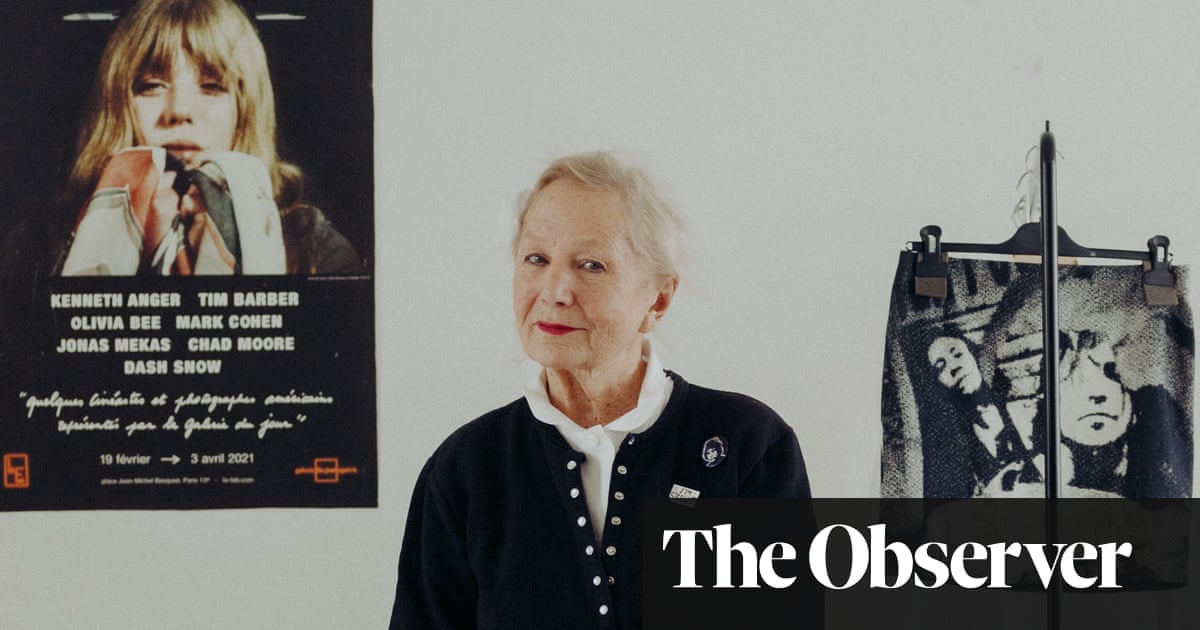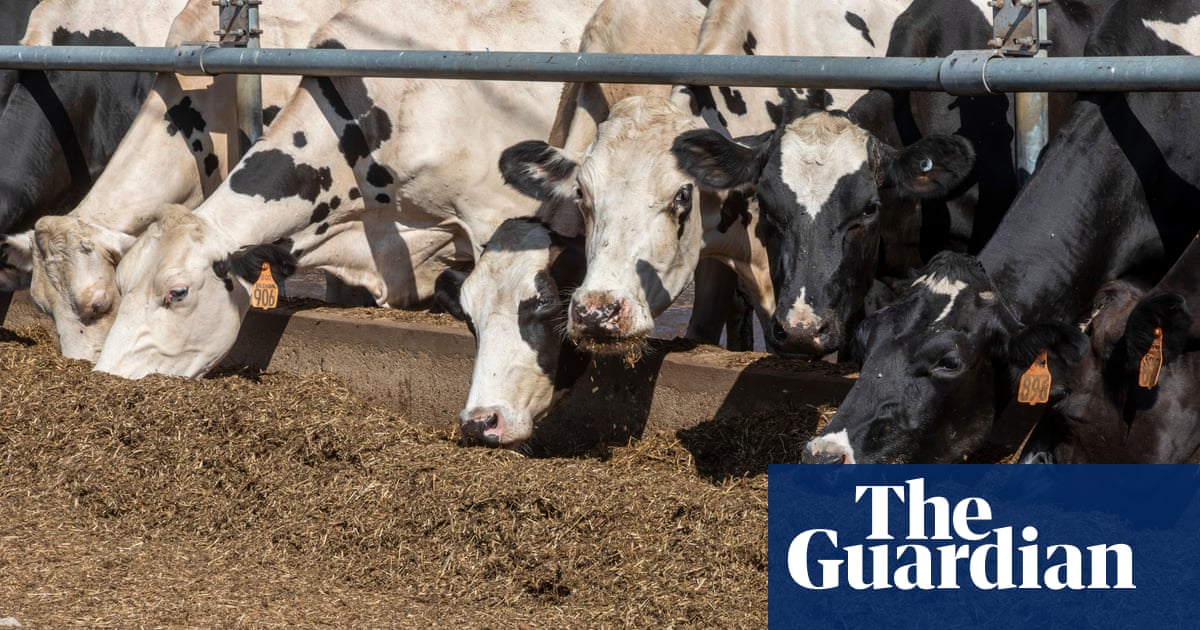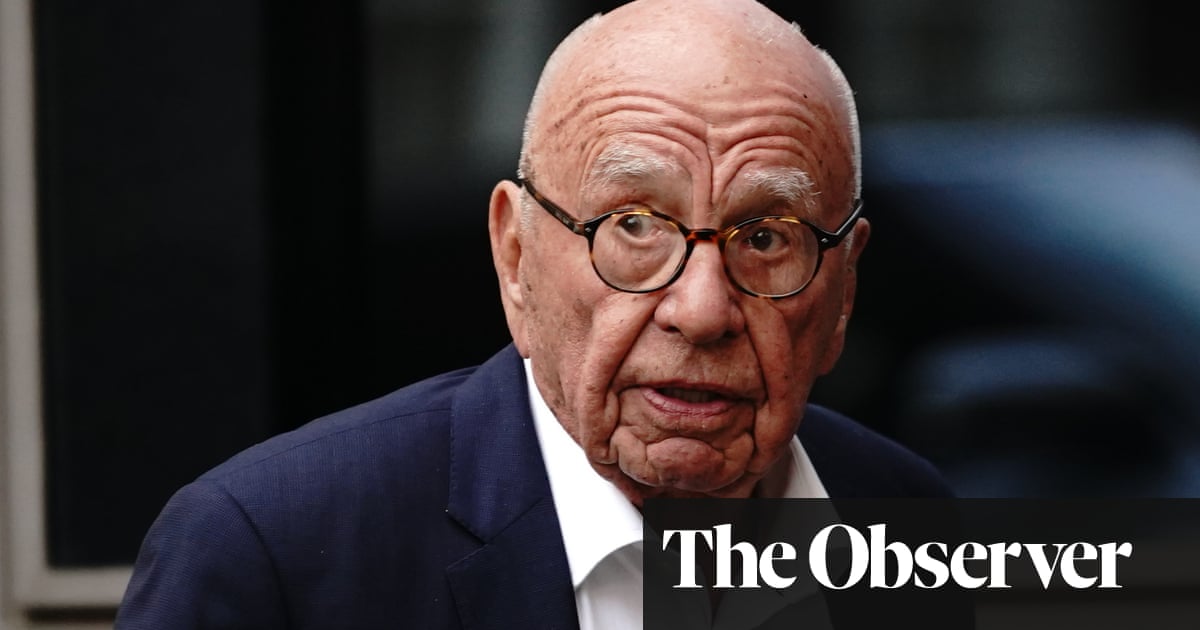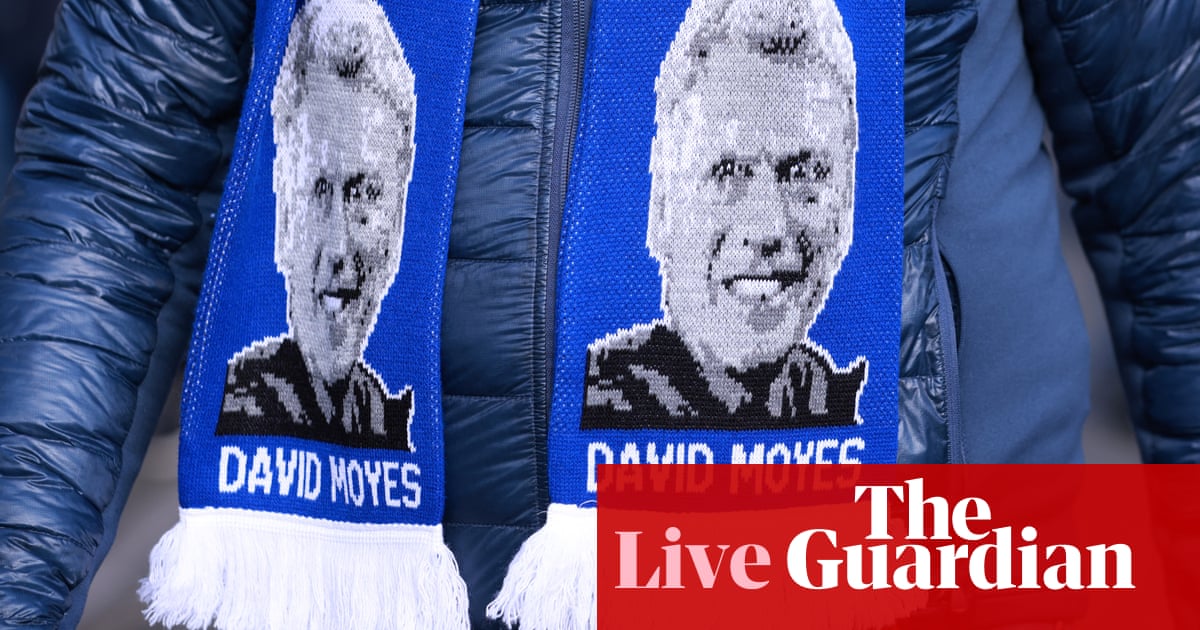Food prices have soared in Gaza after the looting of nearly 100 aid trucks amid an already severe food crisis caused by more than a year of war between Israel and Hamas.
This weekend’s hijacking of 98 lorries of a 109-strong convoy by armed men – the biggest such attack to date – has aggravated food, medicine and other aid shortages, according to a World Health Organization spokesperson, Margaret Harris. “It’s getting harder and harder to get the aid in,” she said on Tuesday.
The amount of aid entering the besieged Palestinian territory has dropped to an 11-month low, official Israeli data says, despite a US ultimatum last month that more humanitarian supplies must reach Gaza’s desperate population of 2.3 million people, almost all of whom have been displaced from their homes.
So far in November, Israel says it has allowed in an average of 88 trucks a day, a fraction of the 600 a day that aid agencies say are necessary to meet basic needs. In the northern third of Gaza, where Israeli forces are waging a weeks-long offensive that has killed hundreds of people and displaced tens of thousands, famine conditions may have already set in, experts say.
Aid agencies operating in the strip have struggled to collect and distribute supplies amid Israeli military activity, blocks on movement, and Israeli attacks that have targeted employees. About one-third of all aid is also believed to be stolen by armed gangs who resell it at extortionate prices, according to the UN.
The market fluctuates, but before the war a sack of flour cost 40 shekels (£8.40) and milk powder cost 30 shekels (£6.30). Now, in the centre and south of the strip, where most of the population has fled, prices have reached 375 shekels (£80) and 300 shekels (£64) respectively – if supplies can be found.
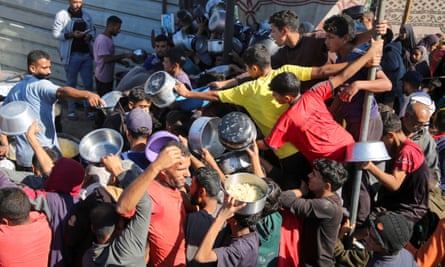
Israel denies deliberately restricting aid to Gaza or turning a blind eye to the proliferation of gangs and organised crime since the Hamas attack of 7 October last year that triggered the war. It also accuses Hamas of diverting aid.
The Palestinian militant group denies that, in turn alleging Israel has tried to foment anarchy by systematically targeting Hamas-employed police guarding aid convoys.
On Tuesday, reports emerged that amid renewed fears of famine, Hamas – whose military and governing capabilities have been severely degraded over 13 months of fighting – had formed a new anti-looting armed force.
“The popular and revolutionary committees”, established earlier this month, are made up of well-equipped Hamas fighters, allied groups and local clans, and have already carried out 15 missions in which looters have been ambushed and killed, according to a Hamas official who spoke to Reuters on condition of anonymity.
After the hijacking of the UN convoy on Saturday, the Hamas-run interior ministry said late on Monday 20 people had been killed in an operation to reclaim the supplies.
In a statement, Hamas said thefts had “severely affected society and led to signs of famine in southern Gaza”, and warned the operation was the start of a broader campaign to tackle the problem.
Community leaders in central Gaza said local people had fought back against the looters and managed to retrieve some of the stolen trucks, which were then returned to the UN World Food Programme. Witnesses described another firefight over the weekend, when Hamas fighters in two cars chased men suspected of looting who were driving another vehicle, resulting in the death of the suspects.
Shaban, an engineer from Gaza City displaced to Deir al-Balah, told Reuters: “There is a campaign against thieves, we see that. If the campaign continues and aid flows, the prices will go down because the stolen aid appears in the markets at high cost.”
Since a truce collapsed after a week last November, ceasefire negotiations in the Gaza war have repeatedly failed, with the mediator Qatar announcing earlier this month that it was quitting its role until Israel and Hamas show “willingness and seriousness” in the talks.
Meanwhile, hopes of a truce are growing in the two-month war between Israel and the powerful Lebanese militia Hezbollah.
During a visit to Beirut on Tuesday, the Biden administration envoy Amos Hochstein said an agreement was “within our grasp” after “very constructive talks” with Lebanon’s parliament speaker, Nabih Berri, a Hezbollah ally mediating on the group’s behalf.
The proposal is believed to focus on the withdrawal of Hezbollah fighters and Israeli forces from the UN buffer zone that separates the two countries, which will then be policed by thousands of additional UN peacekeepers and Lebanese troops. Israel’s demand that it must be able to maintain “freedom of action” to respond to Hezbollah threats is still a condition Lebanon is unlikely to accept.

 3 months ago
49
3 months ago
49


